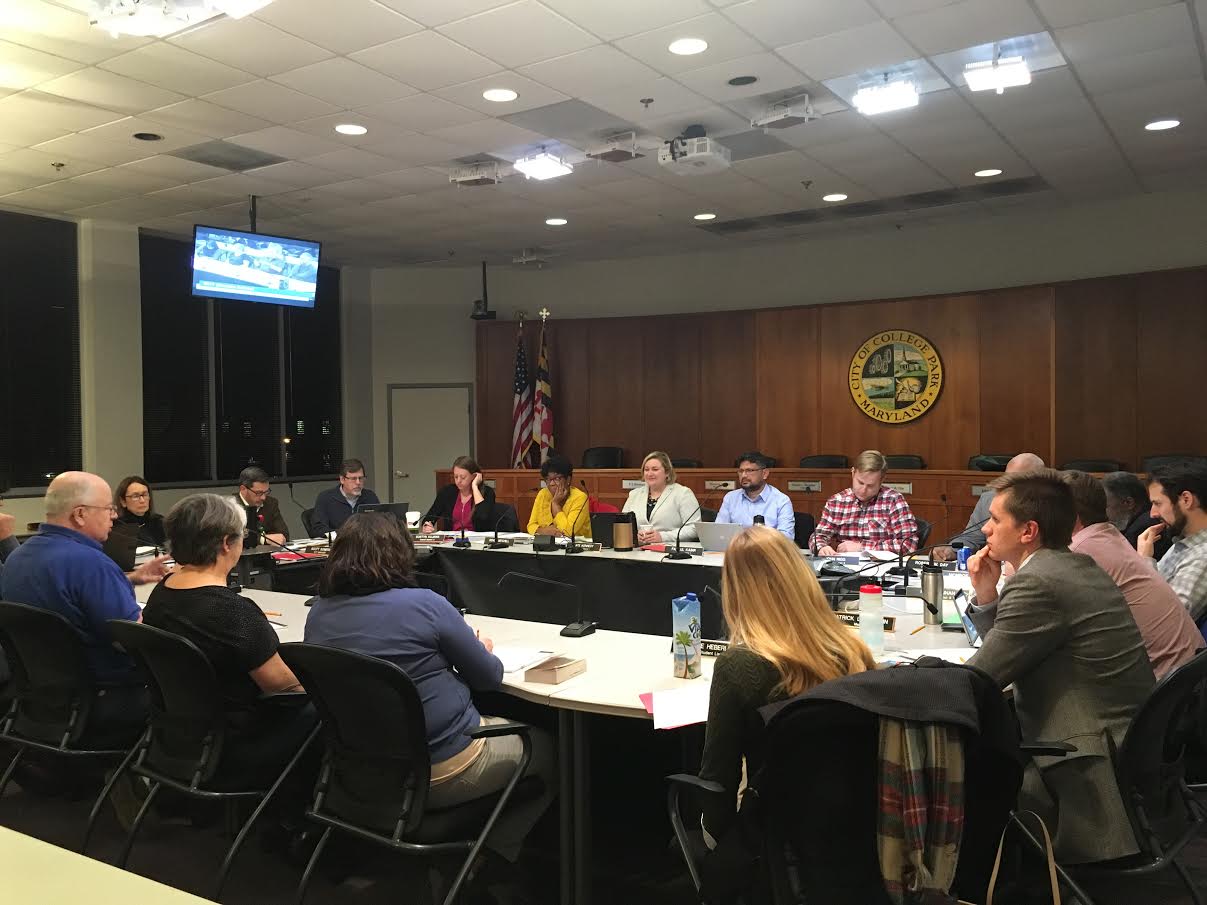Views expressed in opinion columns are the author’s own.
The College Park City Council voted last week to support the recent county wide push for a tax on disposable bags. In enacting this tax, Prince George’s County would join Montgomery County and Washington, D.C., in the five cent per-bag charge. Mayor Patrick Wojahn has said this is not about the municipal government making more money; it’s about curtailing the use of these bags.
[Read more: College Park City Council supports a possible county-wide plastic bag tax]
To me, this is a no-brainer. I come from Montgomery County, where the bag tax has been in place for six years. When it was first implemented in 2012, I had the same thoughts as many others: “This is ridiculous! This isn’t about helping the environment — the government just wants more money! How will I pay the gouging price of 5 cents, .7 percent of my $7.25 hourly minimum wage, to carry my Oreos out of Target?”
After a few years, though, the tax started to feel more normal. I wouldn’t get a bag if I was buying something I could stuff in my purse or just carry out to my car, and I would even bring a reusable bag from time to time if I was making a large purchase. My mother, in all of her coupon-clipping, penny-pinching glory, would never be caught in a store buying more than one item without her colorful Wegmans reusable bags.
Fortunately for both D.C., and Montgomery County, it’s not just my mother and me who have changed our shopping habits in response to the bag tax. In Montgomery County specifically, convenience stores, department stores and pharmacies found they weren’t selling as many bags. In both Montgomery County and D.C., fewer bags were recovered from government-monitored bodies of water.
[Read more: An SGA committee wants to make reusable bags free at UMD convenience stores]
The arguments against this tax are pretty simple to address. One University of Maryland student expressed concerns about low-income and impoverished consumers who may not be able to afford 5 cents on top of their purchases. As District 3 Councilman John Rigg stated, the reality is that there are not many people for whom that would be the case. Rigg suggested the city provide reusable bags to those in need; perhaps the county could add an amendment to allocate some funds raised by the tax toward this goal.
Another student argued that if plastic bags are really so bad, the city should just ban them instead of charging a tax. Though I do agree on some level, if it’s going to take this long to pass a bag tax in Prince George’s County with such opposition, I have a hard time seeing legislation that prohibits plastic bags proceeding any more smoothly. Sometimes the steps toward a big change must start small.
I empathize with those who strongly oppose this bag tax. When it first came out that we would be charged for something we once could freely take as much of as we wanted, it did seem ridiculous and unnecessary. But we were already paying an environmental and economic price for using disposable bags, even if it was not by the nickel.
So though it seems silly at first, I urge the lawmakers and citizens of Prince George’s County to stand by this tax and invest in reusable bags; you might even find yourself promoting it to others one day.
Michela Dwyer is a sophomore English and philosophy major. She can be reached at mgdwyer3@gmail.com.



